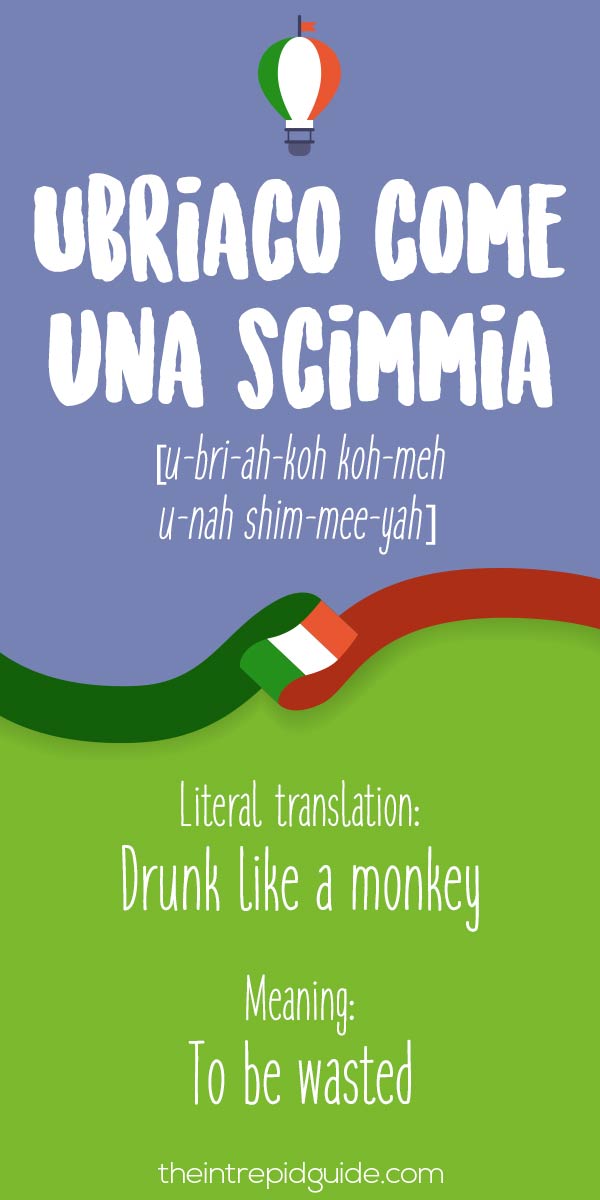
This Italian expression usually expresses embarrassment, and it is used when a person makes a bad impression or looks like an idiot. Che figuraccia – We made a bad impression There isn’t a specific gesture for this expression. In some parts of Italy, especially North Italy, instead of saying “in bocca al lupo”, they say “in culo alla balena”, which is a little vulgar and if translated word-by-word means “in the whale’s ass”. The proper answer is crepi or crepi il lupo, which literally means “may the wolf die”. This Italian expression if translated word-by-word means “in the wolf’s mouth”, but the real meaning is “good luck!”. A: Andiamo a prendere il gelato? (Can we buy ice cream?).


As long as you are not in a formal context, you can use this expression. This is the classic expression that means “I don’t know dude” it is very informal and most of the time it is used with friends and family, but also with strangers. The big stereotype about Italians is that they use their body language a lot, which is true, and you would be surprised to know that many of these expressions have an equivalent gesture. We will talk about the generic Italian expression, but we will also mention the other variants and in which context they are used. The following Italian expressions are the most used among Italian speakers, and they have different variants depending on what part of Italy you’re visiting. So, buckle up and have fun! Italian Expressions Native Speakers Use the Most

Some of them might be similar to the English ones, but others are completely different. In this article, we will discuss some Italian expressions you need to learn and use if you want to trick anyone into thinking that you’ve been speaking the language since you were born! Don’t worry, there is no grammar needed to know in this case, all you have to do is open your mind and memorize these Italian expressions. There isn’t a language that doesn’t have phrases that will sound silly at first this is because you are not used to the sound of certain words being put together, or in your culture, those exact words are often used with another meaning. What is the fun of learning new languages if you can’t deep dive into the abyss of the new language and find new idioms? Yes, they might sound silly at first, like the French speakers like to say “Il pleut comme vache qui pisse” literally translated in “It’s raining like cows that are taking a piss”, but meaning “it’s raining a lot” or the Spanish speakers like to say “Ser del año de la pera”, translated in “To be from the year of the pear”, but meaning “to be very old”. If you can understand Italian culture, you are already halfway to fluency. Italian expressions make every conversation better because it is culturally appropriate to use some phrases or words in certain situations. Today we are going to show you 10 basic Italian expressions that are commonly used in everyday life in Italy.


 0 kommentar(er)
0 kommentar(er)
